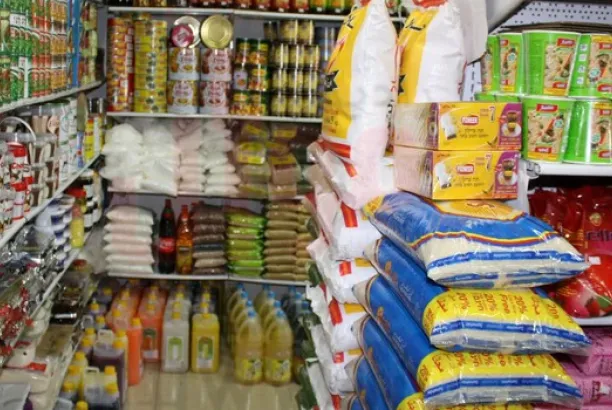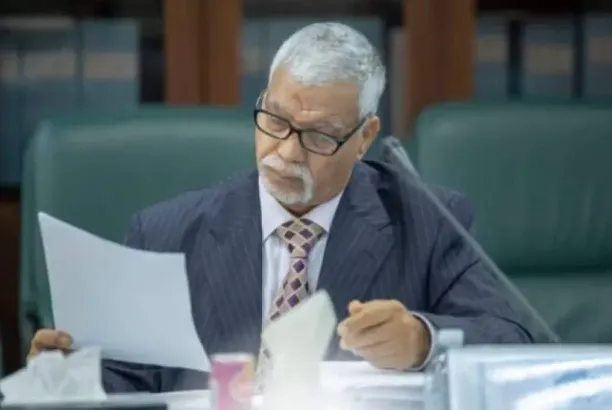The economic expert, Ibrahim Wali, penned an article exclusively for our source, stating:
“To date, the Central Bank of Libya (CBL) has taken commendable steps appreciated by citizens and the Libyan monetary market. However, these steps are temporary unless accompanied by the missing fiscal policy and the dormant trade policy under the Ministry of Economy. One hand cannot clap alone, and the CBL cannot sustain these measures for more than six months to a year without cooperation from the Ministry of Finance and the failed Ministry of Economy. Economic policy is not crafted by one entity but requires the synchronization of three pillars: monetary, fiscal, and trade policies.
Economic Stability Requires Coordination
Sustainable economic stability hinges on maintaining a continuous and stable exchange rate, fiscal stability free of parallel expenditures and public fund mismanagement, and trade stability represented by lower prices for essential goods such as food and medicine. This responsibility falls on the “sleeping” Ministry of Economy. To date, there has been no meeting uniting the heads of the three policy pillars—CBL Governor, Minister of Finance, and Minister of Economy—at a single table to address these issues collectively. Instead, each operates in isolation.
It is evident that the Ministries of Finance and Economy show little concern for fluctuations in the exchange rate, leaving the CBL to perform miracles to stabilize it and secure foreign currency—largely dependent on oil revenues. If oil ports are shut down or international oil prices drop below $72 per barrel, the Ministry of Finance will struggle to pay salaries.
Fiscal Policy: The Starting Point for Reform
Reform must begin with fiscal policy, as it governs revenue collection and expenditure. When spending conflicts with monetary policy, it inevitably undermines monetary stability. Consequently, criticisms of the CBL’s monetary policy failures are misplaced; the root cause lies in unaligned fiscal and trade policies.
Temporary Measures with Uncertain Outcomes
While the CBL’s recent measures are a step in the right direction, they remain temporary—likely effective for six months to a year unless fiscal and trade policies align. Without this coordination, the CBL will be unable to maintain exchange rate stability or supply foreign currency to two competing governments—one in the East and another in the West—amid parallel expenditures.
The decision to implement these measures all at once is a point of concern. While it may succeed, the risks are significant, and failure could result in worse outcomes than before.
A Call for Comprehensive Strategy
Many experts, myself included, believe the CBL should have waited to implement its measures until its Board of Directors convened to outline a cohesive monetary strategy. This should have been followed by collaborative meetings with the Ministries of Finance and Economy to develop a comprehensive strategy for Libya’s economic policies. Such coordination is essential for achieving sustainable exchange rate stability, addressing parallel expenditures, unifying the national budget, and tackling the rising costs of essential goods and services.
Without this broader strategy, the current measures offer only short-term relief. If no action is taken within the next year, the situation risks deteriorating to levels worse than before—God forbid.”






